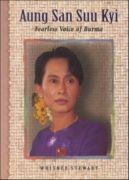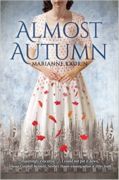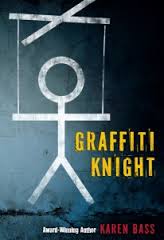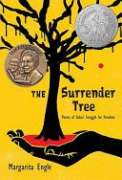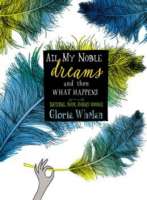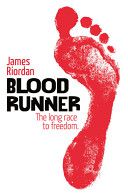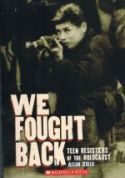An illuminating biography of Mestre Bimba, a capoeira player who used art in resistance to racial oppression, transforming a marginalized practice into a global sensation. Part art form, part martial arts, dance, music, acrobatics and spirituality, capoeira is difficult to not only to define, but declare where it originated from. It can be said, with certainty, that Brazil was the only country in the world where it was being played in the early 20th century, mainly by people of African decent. The game was outlawed in 1890, just two years after Brazil abolished slavery, but by the early 1920s Mestre Bimba advocated for capoeira and the people who played it.
This book is part of the Worlds of Words Global Reading List for 2023/24.

